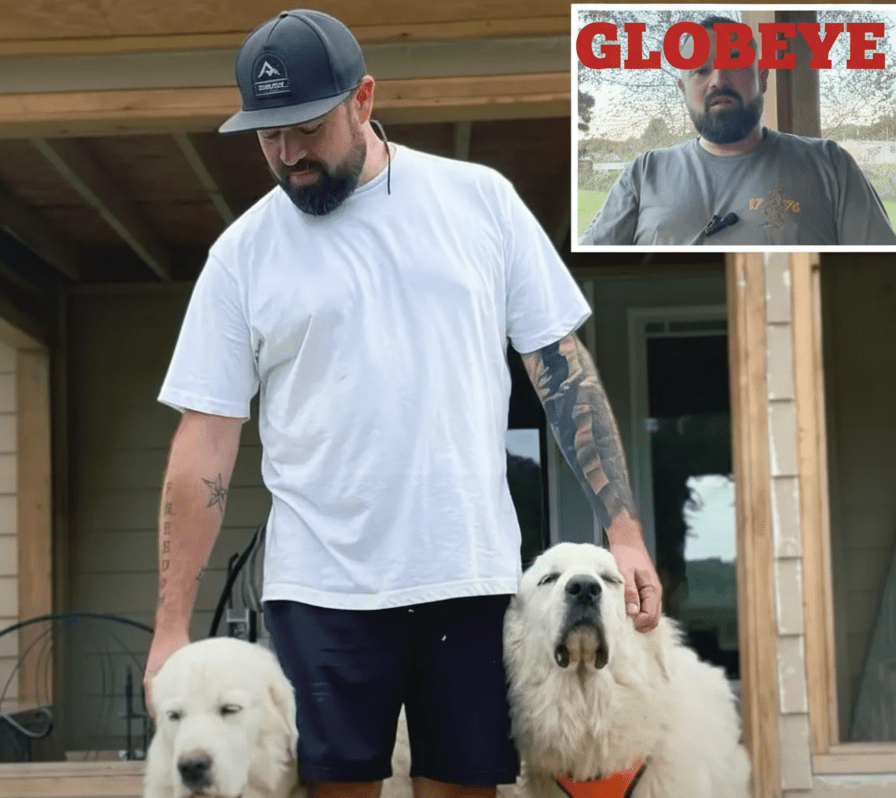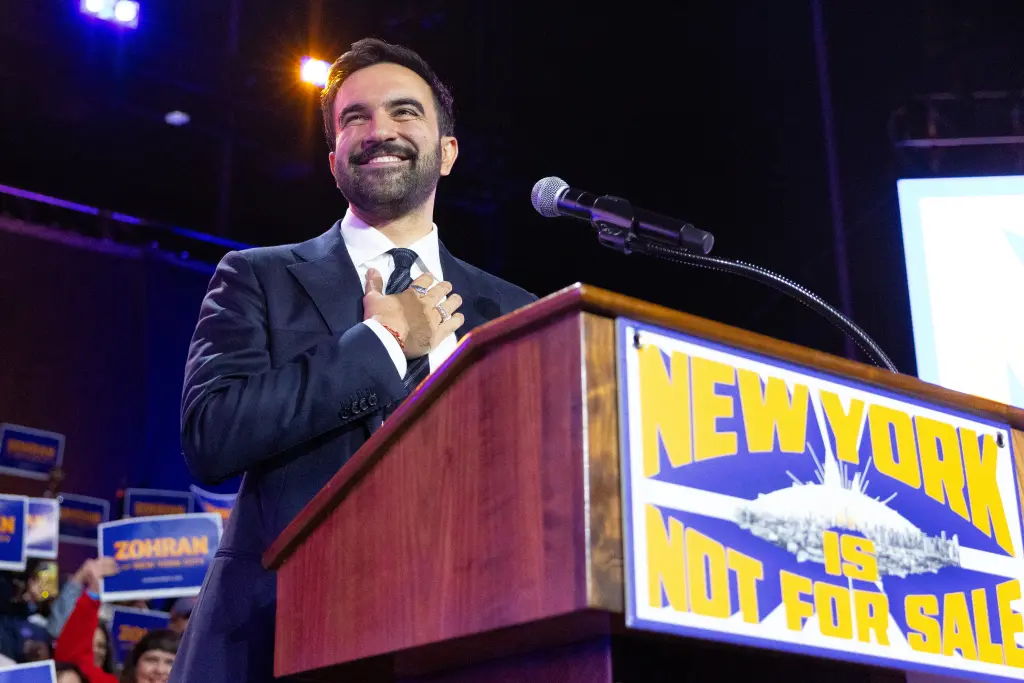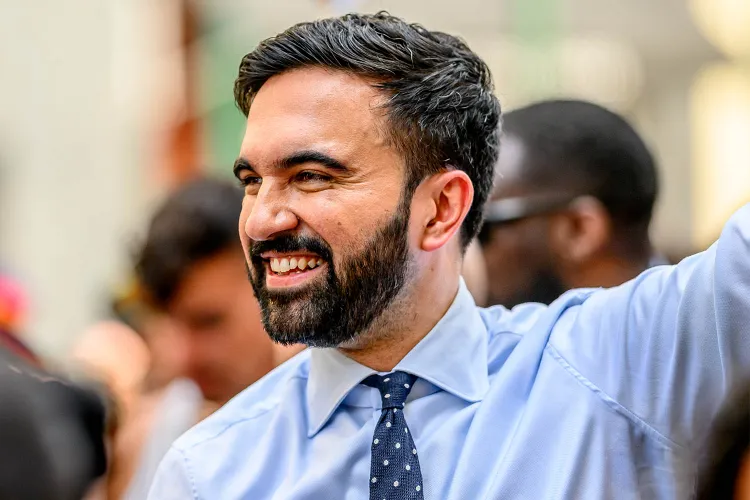Arkansas Father Accused of Killing His 14-Year-Old Daughter’s Rapist Announces Run for Sheriff, Says Legal System “Failed” His Family
An Arkansas father accused of fatally shooting the man who allegedly raped his teenage daughter has announced a shocking new move — he’s now running for sheriff. Aaron Spencer, 37, from Lonoke County, was charged with second-degree murder after he allegedly gunned down 67-year-old Michael Fosler, the man accused of grooming and assaulting his 14-year-old daughter. But now, Spencer says his campaign is about restoring trust in a justice system he claims “failed” to protect his child.
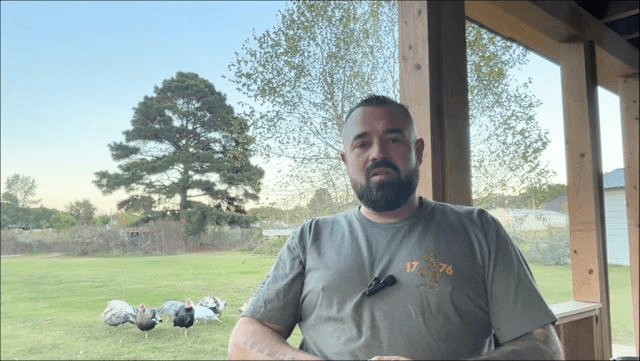
The story that has divided the nation began last October, when Spencer’s daughter went missing. According to court records, Spencer and his wife had already reported concerns about Fosler, who had been charged with internet stalking and sexual assault involving the teenager just months earlier. Despite the charges, Fosler was released on a $50,000 bond and was awaiting trial.
On that day, Spencer said his worst fears came true — he saw Fosler driving away with his daughter. Authorities claim Spencer followed them, confronted Fosler, and ultimately shot him dead. When police arrived, they found Fosler deceased near the vehicle. Spencer was taken into custody shortly after and later indicted for second-degree murder.
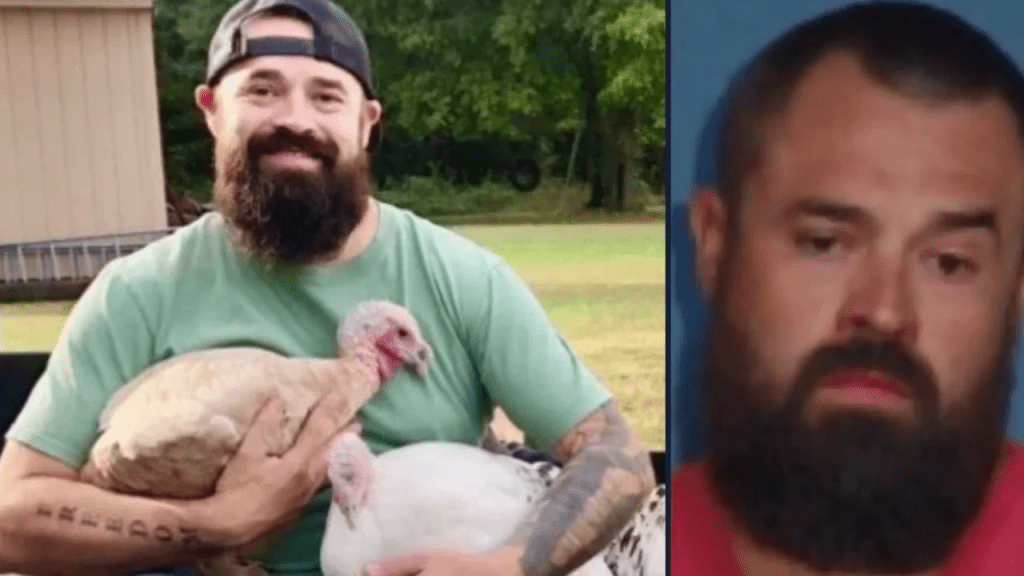
Now out on bond and awaiting trial, Spencer has decided to run for Lonoke County Sheriff, a move he says is meant to fix the very system that he believes let his family down. “I’m the father who acted to protect his daughter when the system failed,” he said in a Facebook video announcing his candidacy. “My campaign is about restoring trust between law enforcement and the community. It’s about ensuring that no other family has to live through what mine did.”
Spencer’s wife, Heather, has stood by his side since the incident. She described him as a protective father forced into an impossible position. “Our daughter would not have come home if my husband hadn’t found her,” she said in a statement. “The system didn’t protect her — he did.” The family has since gained national attention, with supporters calling Spencer a hero and critics warning that taking justice into one’s own hands sets a dangerous precedent.
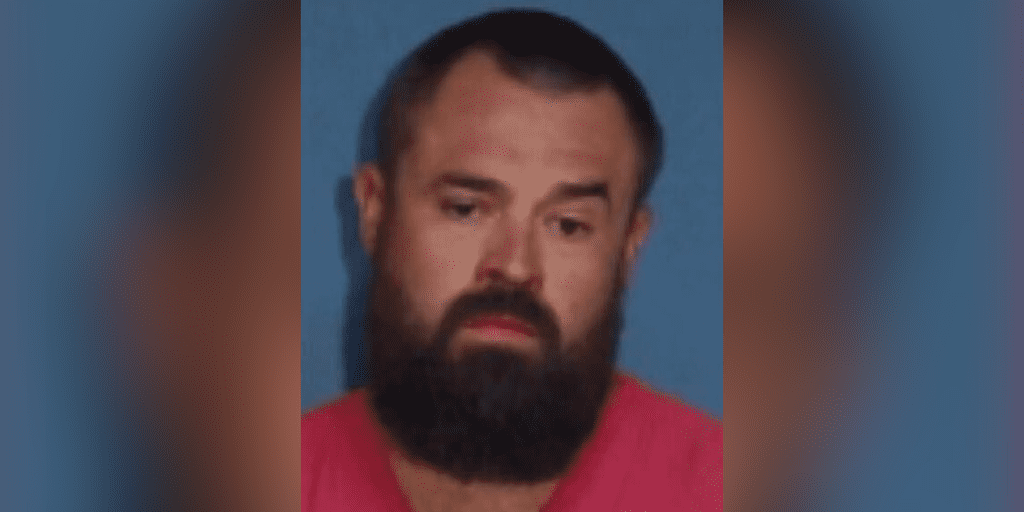
Fosler’s history, detailed in police and court filings, paints a troubling picture. He had previously been charged with grooming and abusing the teenage girl, allegedly sending inappropriate messages and meeting her despite court restrictions. Many locals have questioned why someone facing such serious charges was allowed out of jail in the first place. That outrage has become the emotional backbone of Spencer’s campaign — a bid, he says, not for power, but for accountability.
“I’ve seen firsthand how slow and broken our system can be,” Spencer said in a campaign interview. “People are tired of excuses. They want to feel safe again.”
Still, the decision to run for office while facing a murder charge has sparked debate even among his supporters. Legal experts note that while nothing prevents him from running, his campaign will unfold under the cloud of an upcoming trial. Pre-trial hearings are set for December, with the case scheduled to go to court in January 2026.
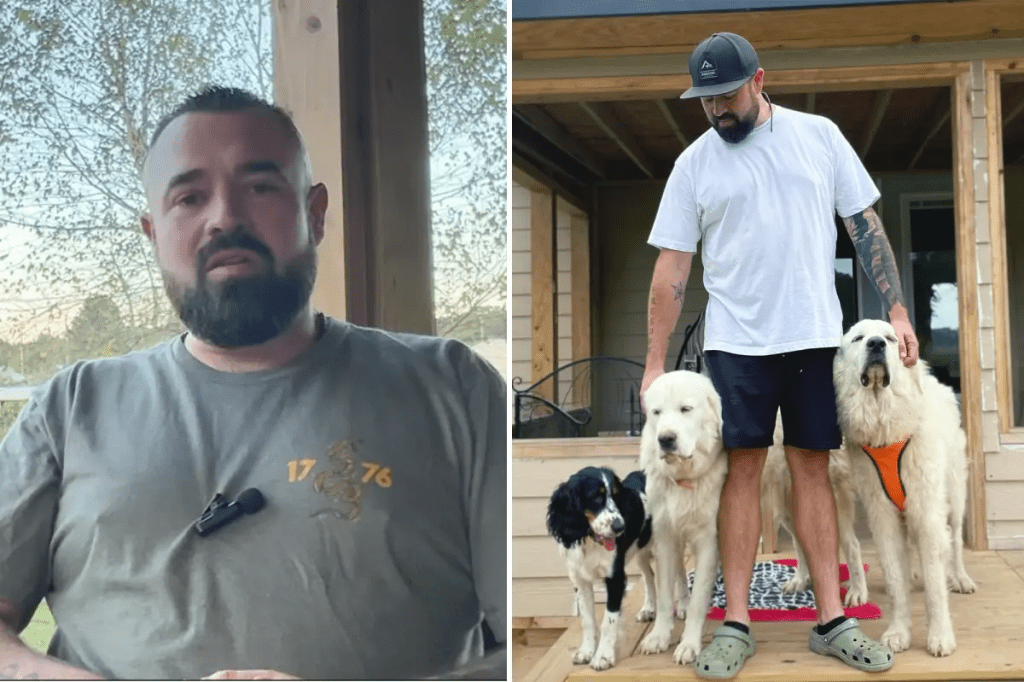
Despite that, Spencer’s campaign has already gained traction on social media, with posts racking up tens of thousands of views. Supporters call him “the dad who stood up when no one else would.” One local voter wrote, “If protecting your child is a crime, then every parent should be guilty.”
To others, though, the case raises serious ethical questions. “We can’t have law enforcement led by someone currently accused of murder,” one critic said. “Justice cannot be emotional.”
Aaron Spencer’s story now sits at the intersection of law, morality, and community trust. Whether voters see him as a hero or a man who crossed the line, his campaign has already reignited a national debate about the limits of self-defense and the failures of a system meant to protect the vulnerable.
His trial could determine his future — but his candidacy has already made him a symbol of something larger: a father’s fury, a family’s heartbreak, and a community’s divided sense of justice.
